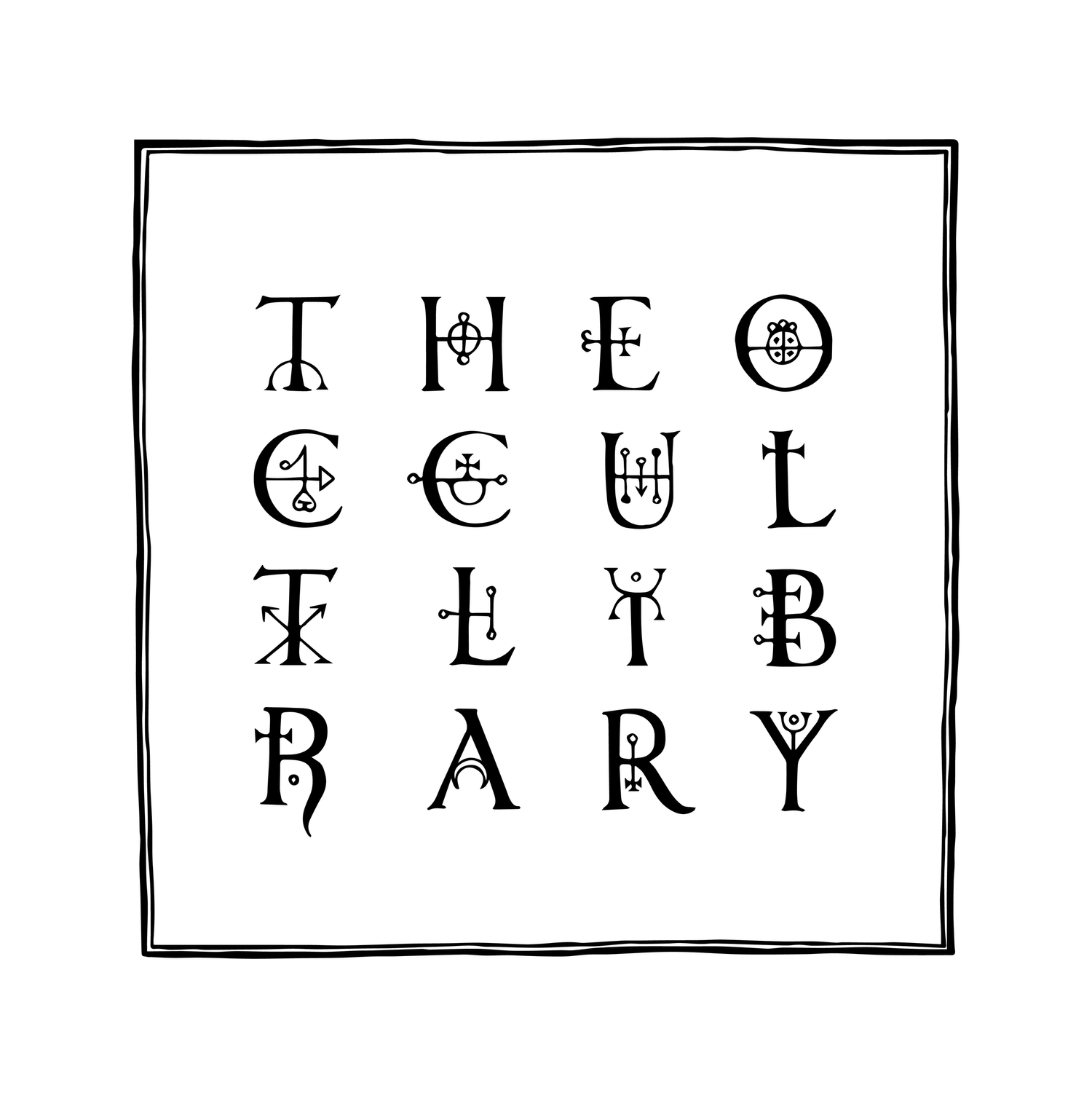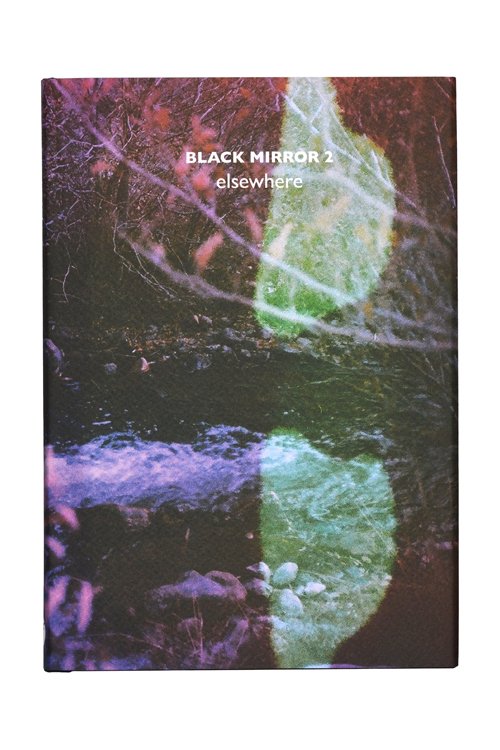Judith Noble

Judith Noble is Head of Academic Research at Plymouth College of Art. She is the co-founder and joint Co-ordinator of the Black Mirror International Research Network which publishes on contemporary and modernist art and the occult and esoteric. She organised the symposium Seeking The Marvellous: Ithell Colquhoun, British Women and Surrealism (Plymouth 2018) and co–organiser of the Cambridge interdisciplinary conference: Visions of Enchantment (2014). Her research centres on avant-garde film in the UK and US (1940-80) with specific emphasis on the work of Maya Deren and women film makers, on surrealism and film, and on film, the esoteric and the occult.
Publications
In this volume we explore the philosophy and practice of elsewhere. Throughout the twentieth century both occult practitioners and artists explored the effects of the patriarchal monotheistic heritage that divorced the mind from the body, privileging the intellect as spiritual and negating and subjugating the corporeal.
In this volume we explore the philosophy and practice of embodiment. Throughout the twentieth century both occult practitioners and artists explored the effects of the patriarchal monotheistic heritage that divorced the mind from the body, privileging the intellect as spiritual and negating and subjugating the corporeal.
Black Mirror is a peer-reviewed series that seeks to examine ways in which the occult and the esoteric have been at the heart of art practice now and throughout the modernist period.
Luminous Screen is our second Special Issue of Abraxas. It is a collection of essays commissioned by guest editor Jack Sargeant that seek to explore the impact of esotericism on cinema.
Our first Special Issue of Abraxas Journal offers 128 large format pages of essays and art drawn from selected papers presented at the 2012 University of Cambridge Conference, Charming Intentions: Occultism, Magic and the History of Art.
Straddling the worlds of Surrealism, occultism and modernist literature, Ithell Colquhoun (1906–88) was widely respected in her lifetime, but her transgressive, esoteric and poetic paintings and writings were long neglected until Richard Shillitoe’s 2009 book Ithell Colquhoun: Magician Born of Nature initiated her revaluation
Since Antiquity, the idea of the artist as a magician, trickster and powerful creator of new realities has established itself as a fertile idea in the discussion of image-making. The conjuring of illusions, the inherent link between the material and the spiritual and the wish to make the invisible visible are all part of this wider discourse.
Periodicals
In this volume we explore the philosophy and practice of elsewhere. Throughout the twentieth century both occult practitioners and artists explored the effects of the patriarchal monotheistic heritage that divorced the mind from the body, privileging the intellect as spiritual and negating and subjugating the corporeal.
In this volume we explore the philosophy and practice of embodiment. Throughout the twentieth century both occult practitioners and artists explored the effects of the patriarchal monotheistic heritage that divorced the mind from the body, privileging the intellect as spiritual and negating and subjugating the corporeal.
Black Mirror is a peer-reviewed series that seeks to examine ways in which the occult and the esoteric have been at the heart of art practice now and throughout the modernist period.
Luminous Screen is our second Special Issue of Abraxas. It is a collection of essays commissioned by guest editor Jack Sargeant that seek to explore the impact of esotericism on cinema.
Our first Special Issue of Abraxas Journal offers 128 large format pages of essays and art drawn from selected papers presented at the 2012 University of Cambridge Conference, Charming Intentions: Occultism, Magic and the History of Art.







